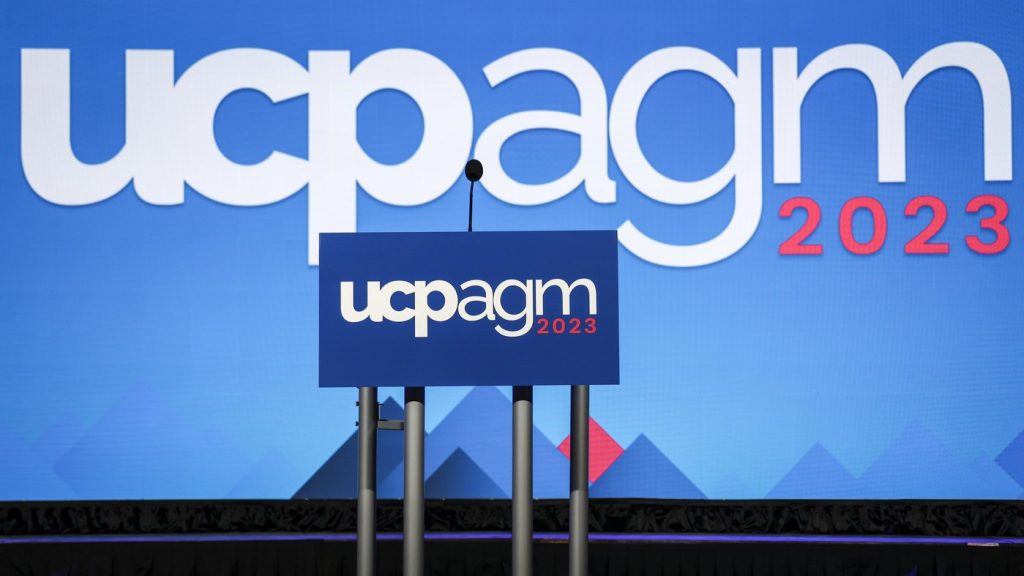EDMONTON – An Alberta judge recently ruled that Ali Haymour, a former candidate for the United Conservative Party, along with five party donors, is in contempt of court due to their failure to attend interviews as part of an ongoing investigation into alleged irregularities surrounding political donations made during the 2023 provincial election.
This ruling was issued by Justice Peter Michalyshyn, who noted that the investigation led by the provincial elections commissioner began in the spring of the previous year. The inquiry focuses on concerns that individuals provided financial contributions to the United Conservative Party using funds that did not belong to them, possibly violating election financing rules.
The details of the decision revealed that although Ali Haymour and the five donors were not explicitly named as targets of the investigation, the elections commissioner had reason to believe they possessed insightful information relevant to the case. The commissioner sought to conduct interviews with Haymour and the donors, emphasizing that their testimony was vital to the thoroughness of the investigation.
In their defense, Haymour and the donors argued against the necessity of participating in the interviews by referring to recent legislative amendments to the provincial election financing rules enacted by the Alberta government. They contended that these changes should exempt them from compulsory interviews because they potentially influence the investigation's outcomes.
Justice Michalyshyn countered this argument, asserting that despite the legislative updates potentially affecting the investigation's results, they did not diminish the elections commissioner's authority to compel individuals to provide testimony. He concluded that Haymour and the donors had no valid legal grounds to refuse their participation in the investigative process.
One significant alteration in the new election financing regulations stipulates that the elections commissioner cannot impose penalties or sanctions on anyone who infringes election financing laws if a year has lapsed since the complaint was lodged with the commissioner. This aspect raises questions about accountability and the enforcement of election financing rules in Alberta, which has prompted discussions about the implications of these regulatory changes on future investigations.
The report indicates that concerns regarding political donation practices in Alberta are drawing scrutiny as the province navigates new controversies surrounding its electoral process. The outcomes of this case could potentially set precedents for how similar situations are handled in the future and inspire further legislative discussions regarding accountability in political finance.
As the investigation continues and the judicial proceedings unfold, the importance of adherence to electoral laws remains paramount as Alberta seeks to maintain the integrity of its democratic processes.











